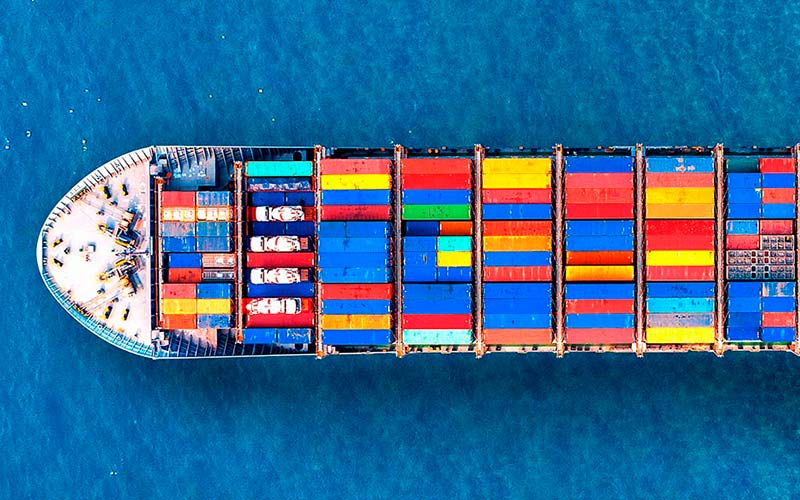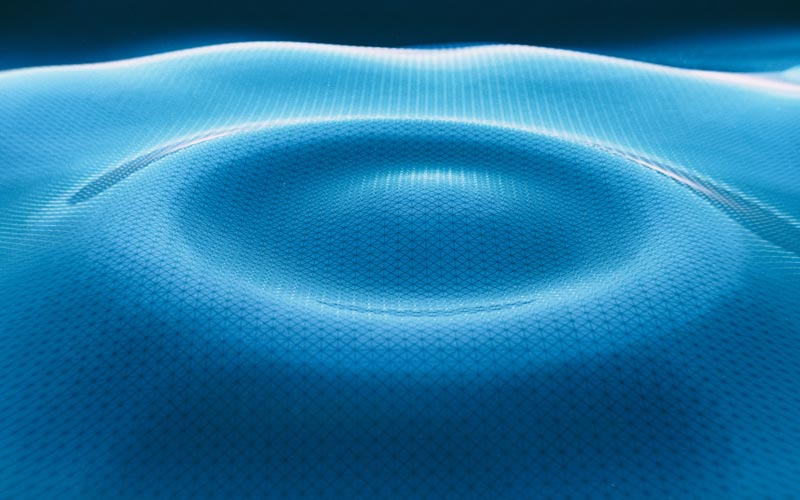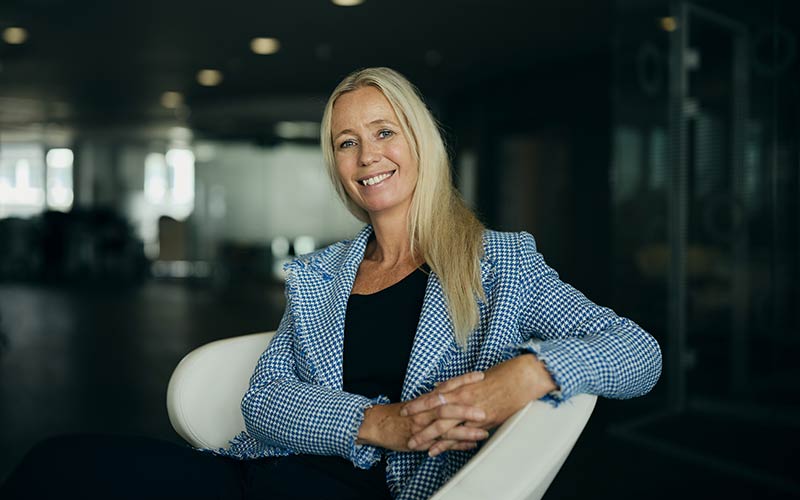
08. April 2021
Energy efficiency is one of the most important factors when it comes to reducing the climate footprint of the maritime industry. In practice, however, it is difficult to assess which components, systems, and solutions are the most energy efficient and hence the best purchase. A new standard will therefore see the light of day to help maritime companies compare the energy efficiency of different components and technologies.
– For many years, we've been working intently to operate our ships as efficiently as possible, and we work hard to update and maintain our ships so that we can keep them for a long time. Therefore, we continually replace components with new components that are better and more efficient, or at least at the same level, to make our ships as effective as possible. However, it can be difficult to assess one component against another, and it demands quite a lot of resources. In our opinion, the industry is in want of a standard that will make it less complicated to compare solutions across suppliers and technologies, says Lina Barsøe Christensen, Performance Manager at DFDS and member of the technical committee behind the development of the proposal for the new maritime energy efficiency standard.
The purpose of the standard is to develop a transparent process for comparing components and equipment within shipping – particularly across different technologies – to enable an assessment of their overall carbon footprint. For this reason, a common calculation method will be developed to enable a uniform energy level calculation of the function of components or systems.
– For instance, oil purification can be done in a number of ways, including by use of a centrifuge or a filter. In this case we're not only interested in comparing the centrifuge method but the energy efficiency of all the available methods. We wish to have a common process to calculate the energy efficiency across technologies, and this is what the standard will provide us with. If we can find products that comply with the standard, we can concentrate our focus on the function to be solved by the component or system, rather than spending time and resources on calculating their energy efficiency, says Lina Barsøe Christensen.
We know from other industries that standards benefit both manufacturers and customers. This experience contributes to provide a guarantee that the investment to be made meets the requirements.
– Standards are important instruments in the green transition, as they provide a common starting point for understanding things the same way and thus allow us to work together on finding the best solution for greener shipping. A green solution isn't necessarily a more expensive solution. For instance, if you choose the cheaper motor or pump, it may very well cost you more in fuel consumption than if you'd chosen a better product in terms of quality and energy efficiency. Standards guide us you towards better choices environmentally and financially. We therefore hope that the entire maritime sector will welcome this ambitious standard," says Per Velk, Senior Consultant at Danish Standards.
The standard will be an international ISO standard. However, the proposal comes from Denmark and the development of the standard has gained financial support from the Danish Maritime Fund and is backed by the Danish maritime industry, from which a number of companies are now taking part in drafting the new standard, including Danish Maritime and Reflow Maritime. Companies consider it an obvious advantage to be able to document the high quality of their products on the basis of the new standard, where energy efficiency also depends on the lifetime of the product. Denmark is well-known for its provision of high-quality products. This will be further emphasised by the new standard, and it may thereby also contribute to strengthening the competitiveness of Danish companies.
– It's important that we have parameters other than price when facing a choice between products. We as a shipping company still need to consider a lot of other specifications and requirements that also reduce the number of possibilities to a very few. In this situation it could be essential that the energy efficiency parameter were equally transparent as price, says Lina Barsøe Christensen, and she adds:
– A transparent energy efficiency process will also ensure that manufacturers have other competitive resources than just the purchase price.
Going forward, the focus on reducing the energy level will only become more relevant which is why DFDS is involved in developing the standard; it is important for them to be able to steer the standard in a pragmatic direction in order to make it applicable.
– It shouldn't be difficult to assess a product's energy efficiency. If the solution is otherwise impeccable, its energy efficiency and carbon footprint should be totally transparent. That is why we've joined this project, so we can help to ensure that we obtain a useful tool that will make it easier to make informed choices that benefit the environment and reduce operating costs," says Lina Barsøe Christensen.
The proposal for the new standard will include contributions from a range of professionals from the maritime sector and will be approved by a Danish committee on ships and marine technology, S-262 under Danish standards, before the proposal is presented to ISO. The standard is expected to be available in 2024.
If you want to learn more about the committee on ships and marine technology or the new standard for energy efficient shipping, please contact Per Velk, Senior Consultant at Danish Standards, pve@ds.dk or +45 3996 6213.
Danish Standard has developed an AI search tool designed to make it easier for you to find relevant standards within your organisation’s specific line of work.
37 European stakeholders have joined forces for the first time to create a common foundation for greener aviation fuel – from production to fuelling – paving the way for more climate-friendly aviation across Europe.
A shared language on quantum technology is essential to harness its potential. The new specification provides a solid foundation that allows companies, researchers and decision-makers to collaborate more effectively on development, implementation,...
As the second organisation in Denmark, Danish Standards has obtained certification according to the equality and diversity standard, DS 5001. The standard provides a strong platform for ensuring equal opportunities for all.




